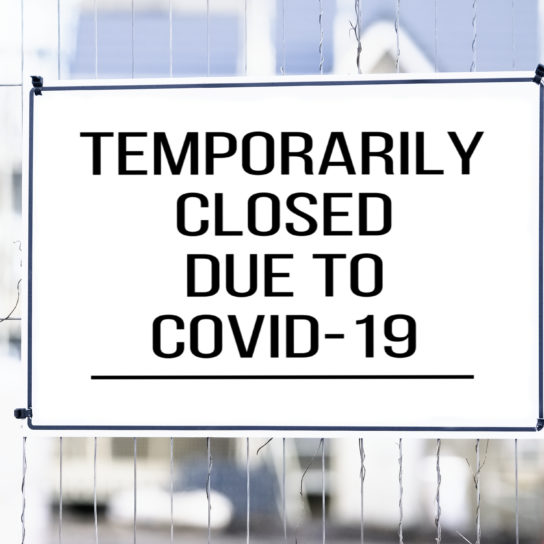We are delighted to share the news that our Construction & Projects group recently expanded with the appointment of Kamila Kalinowski, Lawyer.
Category: Construction & Projects
Our latest news and insights
A collection of articles, case studies and media releases highlighting the latest in legal news and at Rigby Cooke Lawyers.
The Legal Life – meet Damian Tkalec
Damian Tkalec is a Lawyer in our Construction & Projects team.
Damian shares his goals for 2022 and what he enjoys most about working with clients.

The risks of nominating and land development
The State Revenue Office (SRO) has released a revenue ruling (DA-064) which sets out its views on the meaning of ‘land development’ in the context of the sub-sale provisions.
The Legal Life – meet Stuart Miller
Stuart Miller is a Special Counsel in our Construction & Projects team.
Stuart shares how he unwinds and what he enjoys most about working in the legal sector.

Managing contract risk in a COVID-19 climate
This article was first published in March 2021 by AMTIL.
With the commercial impacts of COVID-19 still fully to reveal themselves, the uncertainty this creates for manufacturers, suppliers and service providers in the construction, engineering and infrastructure sectors will likely be felt for some time.
Rigby Cooke expands its Construction & Projects team
Rigby Cooke Lawyers is delighted to announce the appointment of Stuart Miller as a Special Counsel in our Construction & Projects team led by Greg Bush.

Don’t forget to adjust your GST on the cancellation of contracts
Due to the widespread economic impact of COVID-19 which has caused financial uncertainty for many businesses, contracts for the acquisition of goods or services may be cancelled in order to mitigate against further losses.

Construction contracts in the era of COVID-19
The impacts of COVID-19 mean that key aspects of a construction project may need to be reconsidered. The correct approach will depend on a range of factors, including the stage at which your project is impacted.
The Legal Life – meet Greg Bush
Meet Rigby Cooke’s Construction and Projects Partner Greg Bush, who has over 20 years of experience in providing advice on project delivery strategies, negotiating and drafting of contracts, the administration and management of contracts to maximise clients’ outcomes and avoid disputes, security of payment remedies, and litigation, arbitration and alternative dispute resolution. Greg shares his career highlights and some thoughts for those just starting out in their legal career.

Is the Security of Payment Act truly a ‘pay now, argue later’ regime?
The Building and Construction Industry Security of Payment Act 2002 (Vic) (the Act) has revolutionised dispute resolution processes in the civil, construction and engineering industries.

Security of Payment Update – June 2013
Service by Email – Effective?
Construction contracts can permit the service of notices by email, however, determining the time at which the email is deemed to have been served or received is problematic and may have implications in the event that a matter proceeds to adjudication.

